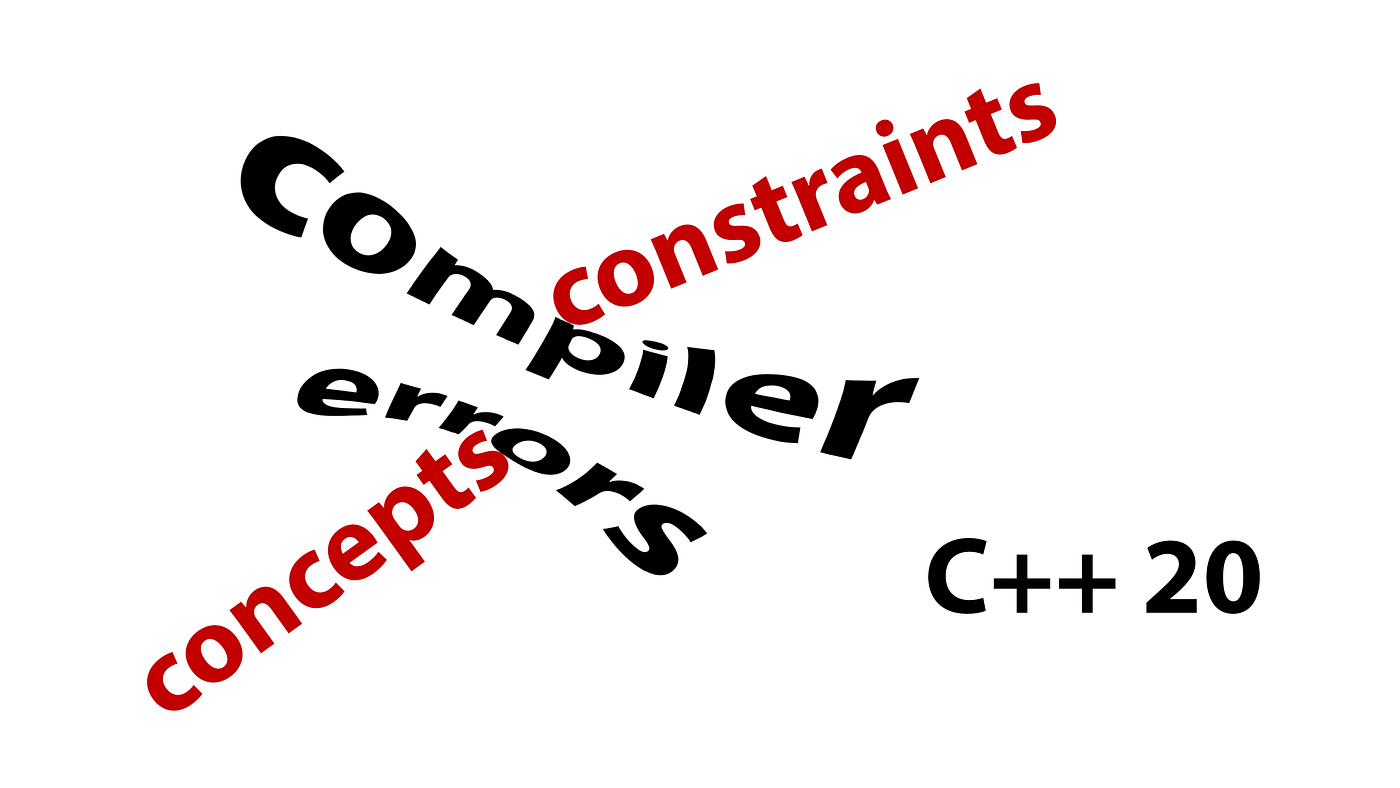Smart Tricks with Parameter Packs and Fold Expressions
Did you know about them?
Smart Tricks with Parameter Packs and Fold Expressions
by Rainer Grimm
From the article:
To complete my post about variadic templates and fold expressions, I present in this post smart tricks using parameter packs and fold expressions...

 Registration is now open for CppCon 2021, which starts on October 24 and will be held
Registration is now open for CppCon 2021, which starts on October 24 and will be held  Helping the users.
Helping the users. Registration is now open for CppCon 2021, which starts on October 24 and will be held
Registration is now open for CppCon 2021, which starts on October 24 and will be held